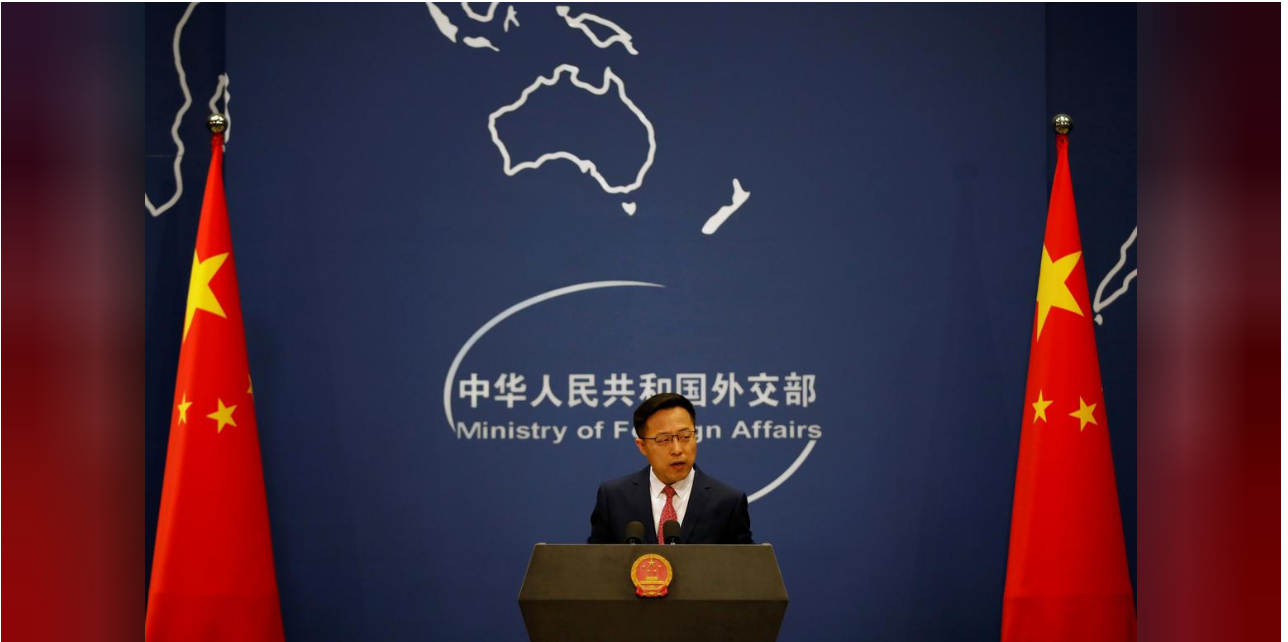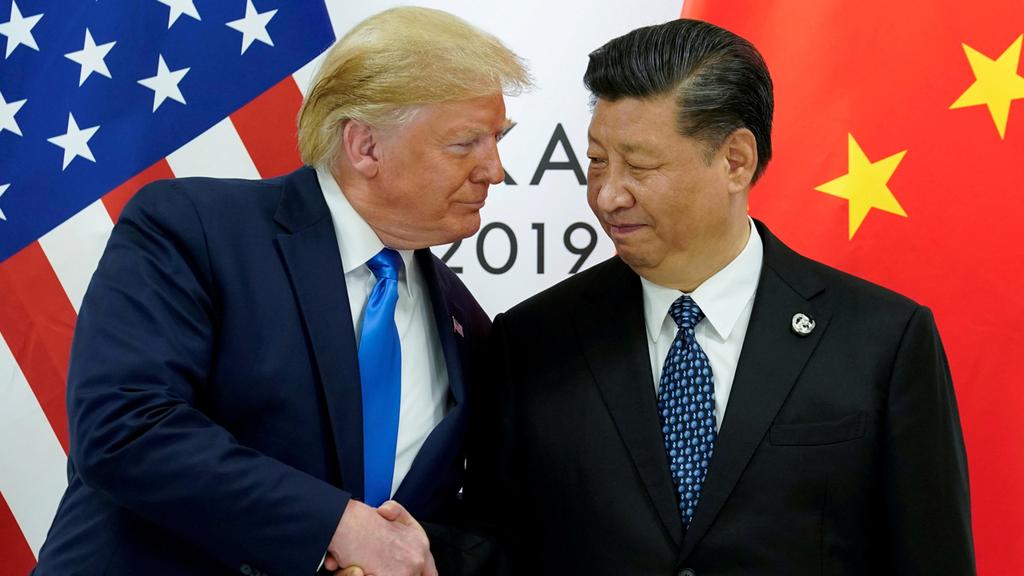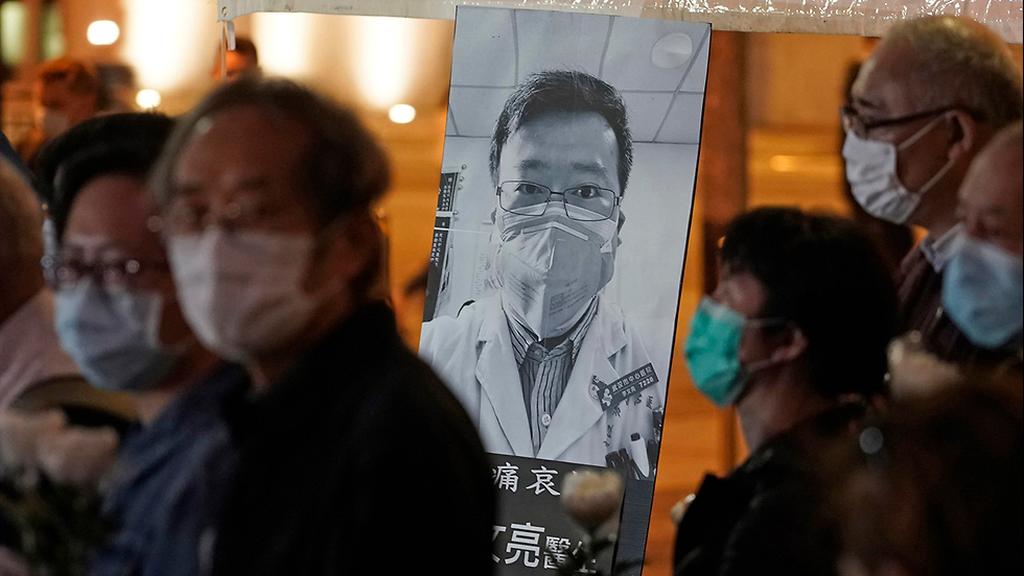China has issued a lengthy rebuttal of what it said were 24 “preposterous allegations” by some leading U.S. politicians over its handling of the new coronavirus outbreak.
The Chinese foreign ministry has dedicated most of its press briefings over the past week to rejecting accusations by U.S. politicians, especially Secretary of State Mike Pompeo, that China had withheld information about the new coronavirus and that it had originated in a laboratory in the city of Wuhan.
3 View gallery


Chinese Foreign Ministry spokesman Zhao Lijian attends a news conference in Beijing
(Photo: Reuters)
A 30-page, 11,000-word article posted on the ministry website on Saturday night repeated and expanded on the refutations made during the press briefings, and began by invoking Abraham Lincoln, the 19th century U.S. president.
“As Lincoln said, you can fool some of the people all the time and fool all the people some of the time, but you cannot fool all the people all the time,” it said in the prologue.
The article also cited media reports that said Americans had been infected with the virus before the first case was confirmed in Wuhan. There is no evidence to suggest that this is the case.
3 View gallery


U.S. President Donald Trump and Chinese President Xi Jinping during a 2019 G20 meeting in Japan
(Photo: Reuters)
Keen to quash U.S. suggestions that the virus was deliberately created or somehow leaked from the Wuhan Institute of Virology, the article said that all evidence shows the virus is not man-made and that the institute is not capable of synthesizing a new coronavirus.
"Timely" warnings
The article also provided a timeline of how China had provided information to the international community in a “timely”, “open and transparent” manner to rebuke U.S. suggestions that it had been slow to sound the alarm.
Despite China’s repeated assurances, concerns about the timeliness of its information have persisted in some quarters.
A report by Der Spiegel magazine last Friday cited Germany’s BND spy agency as saying that China’s initial attempt to hold back information had cost the world four to six weeks that could have been used to fight the virus.
The article rejected Western criticism of Beijing’s handling of the case of Li Wenliang, a 34-year-old doctor who had tried to raise the alarm over the outbreak of the new virus in Wuhan. His death from COVID-19, the respiratory disease caused by the virus, prompted an outpouring of rage and grief across China.
Its ministry article said Li was not a “whistle-blower” and he was never arrested, contrary to many Western reports.
However, the article did not mention that Li was reprimanded by the police for “spreading rumors”. Though Li was later named among “martyrs” mourned by China, an investigation into his case also drew criticism online after it merely suggested the reprimand against him be withdrawn.
Rejecting suggestions by U.S. President Donald Trump and Pompeo that the new coronavirus should be called the “Chinese virus” or “Wuhan virus”, the article cited documents from the World Health Organization to say the name of a virus should not be country-specific.


